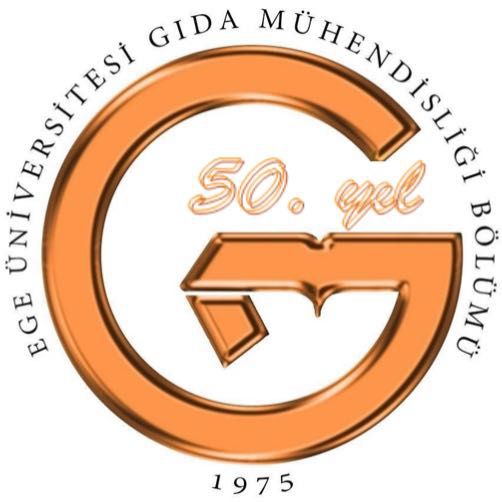What is Food Engineering?
Food Engineering is a branch of engineering that focuses on the production, processing, preservation, and distribution of healthy, safe, and high-quality food. Food engineers use principles of biology, chemistry, and engineering to develop food products, design production processes, and ensure these processes are efficient, reliable, and sustainable. They also develop new food products, improve the quality of existing ones, ensure food safety and hygiene in production facilities, make production systems environmentally friendly, and optimize processes such as packaging and shelf life.
Department of Food Engineering at Ege University
With the distinction of being the department that graduated the first food engineers in Türkiye, Ege University’s Department of Food Engineering continues its educational and research activities with a sense of leadership, experience, and responsibility. Since its establishment, our department has made strong contributions both academically and industrially and continues to train qualified engineers for the food industry. With a strong scientific foundation, rich practical opportunities, and an education approach close to the industry, our department provides an environment that supports both the academic and personal development of students, aiming to raise competent and responsible food engineers of the future.
Education at the Department of Food Engineering
The department offers undergraduate education through three different programs: a partially English-taught program (at least 30% in English), a fully English-taught program (100% in English), and a joint degree program in collaboration with Azerbaijan State University of Economics. The curriculum includes courses in basic sciences, engineering sciences, and food engineering-specific subjects. These are integrated with laboratory sessions and pilot plant practices, allowing students to gain both theoretical knowledge and practical skills. The department houses multiple laboratories for student applications and pilot plants where experiments can be conducted in areas such as basic operations, dairy, meat, fruits and vegetables, biotechnological products, and bakery goods.
In addition, students are offered opportunities to pursue double major and minor programs, participate in Erasmus+ exchange programs, and complete internships in various sectors. A large number of undergraduate students are involved in TÜBİTAK 2209 projects, where they gain competencies in writing project proposals, conducting research, writing reports, and managing projects.
At the graduate level, the Department of Food Engineering offers Master’s and Ph.D. programs under the Graduate School of Natural and Applied Sciences. Graduate students specialize in their fields through coursework and develop a research-oriented mindset through project work.
Academic Structure of the Department
Educational and research activities in the department are carried out under two divisions: Food Science and Food Technology. The department has a strong interdisciplinary structure and offers a comprehensive education in both theoretical and applied fields through its qualified academic staff. The department employs a total of 35 academic personnel, including 18 professors, 11 associate professors, 1 assistant professor, 3 research assistants with PhDs, and 2 research assistants. This expert academic team supports students in developing scientific thinking, conducting research, and becoming industry-ready professionals.
Research Activities
The department conducts a wide range of research projects supported by TÜBİTAK, various ministries, and the European Union. These projects receive funding from several TÜBİTAK programs, such as the 1001 and 1002 programs for basic and applied research, the 3501 career development program for young researchers, the 1512 program supporting entrepreneurship, the 1505 program promoting university-industry collaboration, the 2244 program for industrial Ph.D. training, the 1005 program for new ideas and products, and the 2209 program supporting student research projects.
In addition to TÜBİTAK, projects are also supported by the General Directorate of Agricultural Research and Policies (TAGEM), the PRIMA program promoting international research collaboration in the Mediterranean region, and Horizon Europe, the European Union’s research and innovation framework program.
Our department stands out as one of the most respected and well-known Food Engineering departments in Türkiye, distinguished by its expert academic staff and strong academic infrastructure. Supported by robust collaborations with the food industry and public institutions, as well as extensive laboratory and pilot plant facilities, our education and research activities make direct contributions to the sector. Our well-established project culture and extensive experience in numerous national and international projects have elevated our scientific productivity to the highest level. Through prestigious conferences we organize, impactful international publications, and our broad professional network, we have established a strong international presence. By offering our students world-class experiences through Erasmus and other student mobility programs, and with our dynamic graduate student profile and long-standing accreditations, we continue to train the future leaders of food engineering.










